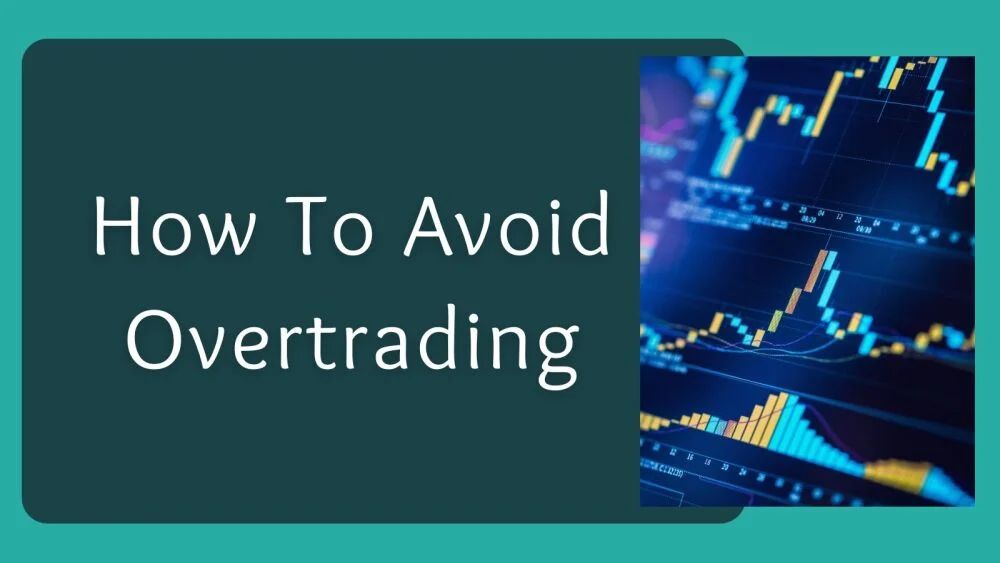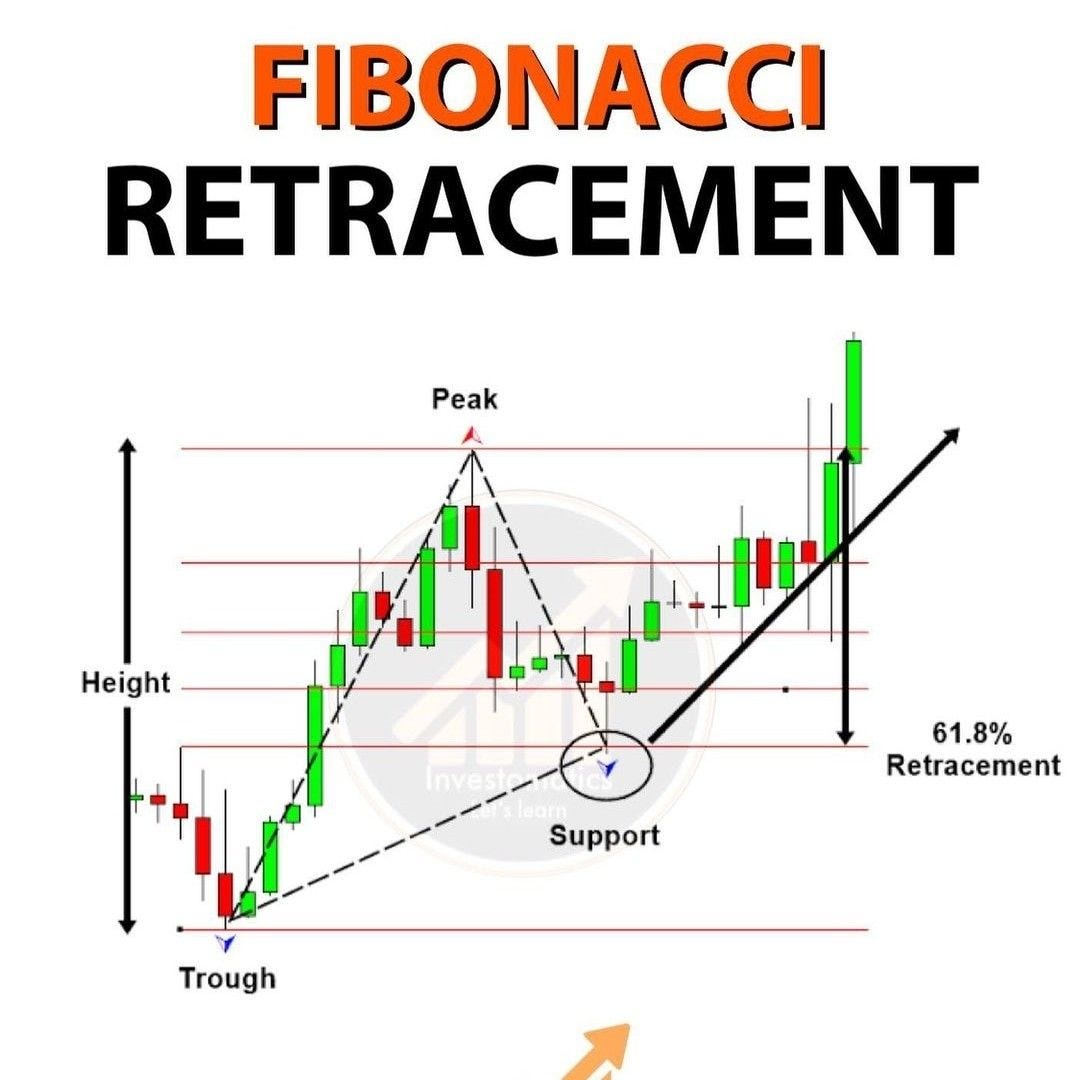How to Avoid Overtrading in Forex: Complete Guide for Traders
In the fast-paced world of Forex trading, one of the most common and damaging mistakes traders make is overtrading. While it may seem logical that more trades can lead to more profits, the reality is often the opposite. Overtrading can quickly lead to excessive losses, emotional burnout, and poor decision-making.
This guide covers what overtrading is, why it happens, and effective strategies to prevent it, helping both new and experienced traders stay disciplined and profitable.
✅ What is Overtrading?
Overtrading occurs when a trader executes too many trades, often driven by emotion, greed, or the desire to “make up” for losses. It can happen in two forms:
- High Frequency of Trades – Opening too many positions in a short period, even when the market doesn’t provide quality setups.
- Oversized Positions – Risking too much per trade, resulting in high exposure and volatility.
❗ Why Do Traders Overtrade?
1. Greed for Quick Profits
Traders may believe that more trades equal more profits. This greed often blinds them to quality and risk management.
2. Fear of Missing Out (FOMO)
Traders jump into trades impulsively, fearing they’ll miss a “big move.”
3. Revenge Trading
After a loss, a trader may try to win it back quickly by opening multiple trades without proper analysis.
4. Lack of Trading Plan
Without a clear strategy, traders rely on impulse and emotions rather than logic and data.
5. Boredom or Addiction
Trading can be stimulating. Some traders seek the adrenaline rush, leading them to trade for the sake of trading, not for profits.
📉 The Risks of Overtrading
- Increased transaction costs (spreads and commissions)
- Higher exposure to market volatility
- Emotional fatigue and stress
- Breaking risk management rules
- Significant drawdowns and even account wipeout
🔑 How to Avoid Overtrading in Forex
1. Create and Follow a Trading Plan
A solid trading plan includes:
- Entry and exit criteria
- Risk management rules
- Daily and weekly trading limits
- Specific market conditions for trading
When you follow a plan, you reduce emotional decisions and avoid chasing the market.
2. Use a Trading Journal
Track every trade with details like:
- Entry and exit points
- Lot size
- Why you took the trade
- Emotional state at the time
- Outcome of the trade
This helps identify overtrading patterns and areas for improvement.
3. Set a Maximum Number of Trades Per Day/Week
Limit yourself to a certain number of trades, e.g., 2-3 quality trades per day. This forces you to be selective and only enter high-probability setups.
4. Focus on Quality over Quantity
Trade only when the market conditions align with your strategy. Patience is key. Often, one good trade is better than ten average trades.
5. Apply Risk Management Rules Strictly
Never risk more than 1-2% of your account on a single trade. Use:
- Stop-loss orders
- Take-profit levels
- Proper position sizing
This limits the financial damage from any one trade and discourages high-risk impulsive trading.
6. Avoid Trading During Emotional Distress
If you’re feeling anxious, frustrated, or overconfident—pause. Emotional trading leads to impulsive decisions and overtrading.
7. Take Breaks and Have a Routine
Don’t sit in front of your screen all day waiting for setups. Set trading hours, take breaks, and avoid fatigue. This helps prevent boredom-induced trades.
8. Use Alerts and Limit Orders
Instead of watching the market constantly, use:
- Price alerts for your desired entry zones
- Limit orders based on your trading plan
This reduces screen time and prevents impulsive reactions to price movements.
9. Analyze the Big Picture
Zoom out to higher timeframes (H4, D1) to assess the broader trend before taking positions. This prevents acting on short-term noise.
10. Don’t Trade Just to Recover Losses
Losses are part of trading. Stick to your plan and avoid revenge trading. Trying to “make back” money often leads to more losses.
💡 Expert Tips to Stay Disciplined
- Use demo accounts to test strategies without risk
- Practice mindfulness or meditation to manage emotions
- Set financial goals (weekly/monthly) and evaluate progress
- Join a trading community to stay accountable
- Review and refine your strategy regularly
🧠 Psychological Shifts for Avoiding Overtrading
- Accept that not every day is a trading day
- Learn to be okay with missing a trade
- Realize that doing nothing is often the best trade
- Discipline and patience = long-term profitability
🔁 Recap: 10 Commandments to Avoid Overtrading
| Rule | Description |
|---|---|
| 1 | Follow a trading plan |
| 2 | Keep a trading journal |
| 3 | Limit the number of trades |
| 4 | Prioritize quality setups |
| 5 | Apply strict risk management |
| 6 | Pause during emotional moments |
| 7 | Avoid boredom trading |
| 8 | Use alerts and automation |
| 9 | Watch higher timeframes |
| 10 | Don’t chase losses |
✅ Conclusion
Overtrading is a silent account killer. It erodes profits, increases risk, and weakens your decision-making ability. By recognizing the signs and taking proactive steps, you can eliminate overtrading and trade with discipline, confidence, and consistency.
Successful Forex trading is not about how often you trade, but how well you manage risk, control emotions, and execute your plan. In the end, less is more—especially when each trade is well thought out and aligned with a proven strategy.




